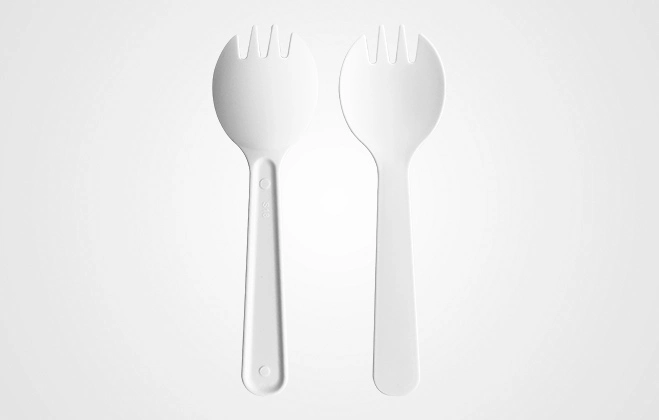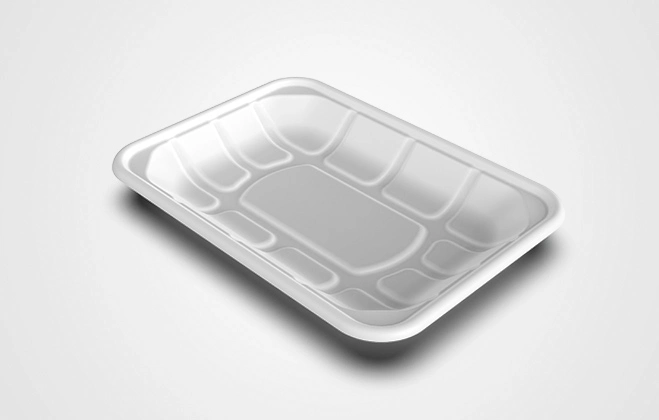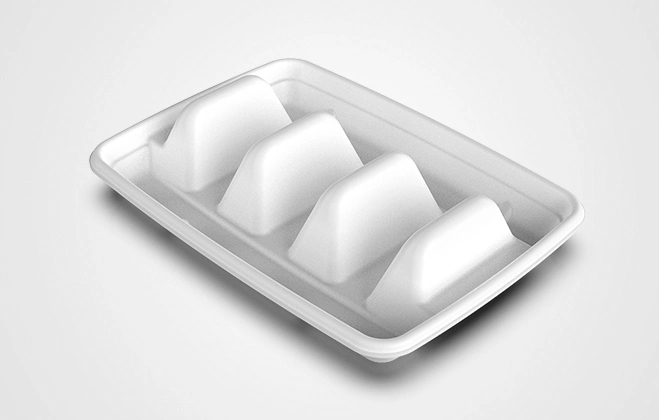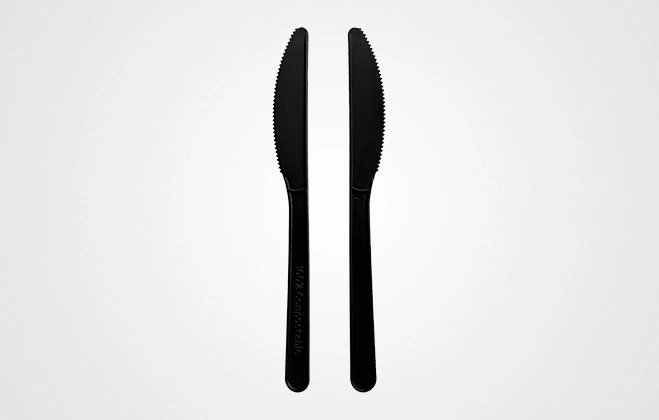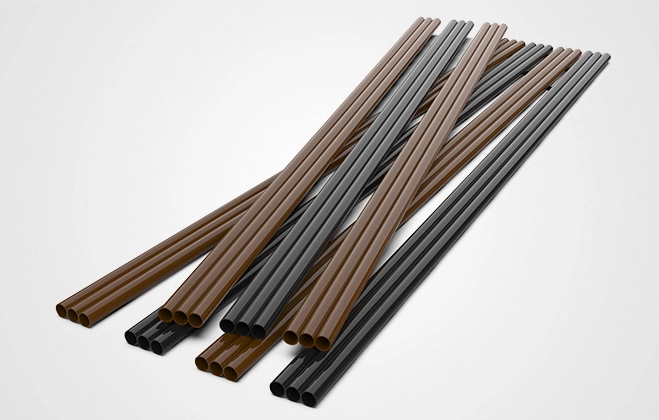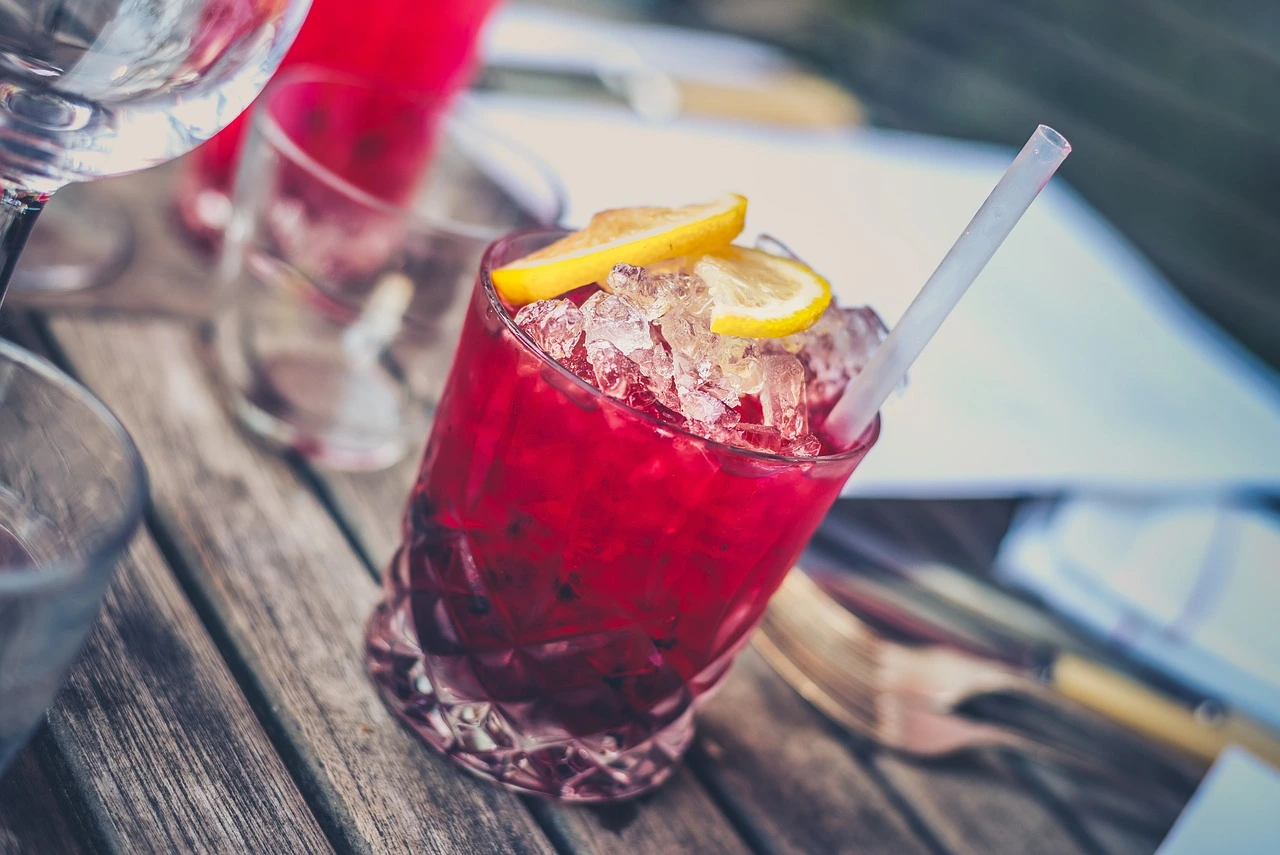Degradable plastics are the most popular alternatives to traditional plastics in both the international community and the domestic market. However, implementing them is not easy. Firstly, there are technological and cost issues that present a significant challenge. Secondly, policies, industry standards, and market regulations related to degradable plastics need further improvement.
In 2020, China intensified its efforts to combat plastic pollution by issuing documents such as the "Opinions on Further Strengthening Plastic Pollution Control" and the "Notice on Steadily Promoting Plastic Pollution Control Work." These documents stipulate that by the end of this year, the use of non-degradable plastic bags, non-degradable single-use plastic straws, and non-degradable single-use plastic tableware will be banned in supermarkets, bookstores, and other locations in municipalities, provincial capitals, and cities with separate state planning.
As a result, degradable plastics have become the most focused alternative. As a new type of polymer material, degradable plastics come in many types, and the technological approaches are continuously evolving.
In terms of raw materials, degradable plastics can be derived from petrochemical materials, biomass degradation, photodegradation, and oxidative degradation. From a degradation mechanism perspective, degradable plastics include biodegradation, photodegradation, and oxidative degradation. Based on degradation effects, they can be categorized into "fully" degradable and "partially" degradable.
With so many types of degradable plastics, which one should consumers choose? Naturally, "fully" degradable plastics, because their degradation products are harmless to the environment. Currently, the market primarily offers fully biodegradable plastics with mature technological routes, well-established industrial foundations, and comprehensive standard testing systems.
But does "fully" biodegradable mean 100% degradable? No, it doesn’t. According to testing methods such as GB/T 19277.1, 19277.2, 19276.1, 19276.2, and 28206, biodegradable plastics with a biodegradation rate of over 90% are considered "fully" degradable. This is because, in composting, soil, and other environmental conditions, some organic carbon in biodegradable plastics (less than 10%) turns into biological residues or mineral inorganic salts.
Can fully biodegradable plastics only degrade under composting conditions? No, composting is just one scenario where biodegradable plastics degrade. Most biodegradable plastics will degrade in soil, freshwater, or seawater environments under suitable temperature and humidity conditions and will be completely broken down by microorganisms into harmless substances. For instance, materials like PBAT, PCL, and PHA can fully degrade in soil or seawater within six months under appropriate conditions. PLA materials also degrade in soil and seawater environments.
The degradation conditions for degradable plastics include factors like light, oxygen, heat, water, and microorganisms, especially the latter. These factors are not simultaneously present during everyday use, so there’s no need to worry about fully biodegradable plastics degrading during use.
Degradable plastics are the most popular alternatives to traditional plastics globally and domestically. However, as they are new materials still in the early stages of industrial development, they require significant investment in research, equipment, and experimentation. Consequently, the existing industry scale is relatively small and scattered, leading to higher costs.
Implementing degradable plastics is challenging. Firstly, there are technological and cost issues. Secondly, policies, industry standards, and market regulations related to degradable plastics need further improvement. As efforts to control plastic pollution progress and green consumption habits form, the widespread adoption of degradable plastics is on the horizon.
Please feel free to contact us.
Email: sales@tgb-solution.com
来源: 全生物降解材料
 English
English 日本語
日本語 한국어
한국어 français
français Deutsch
Deutsch Español
Español русский
русский português
português العربية
العربية ไทย
ไทย Malay
Malay